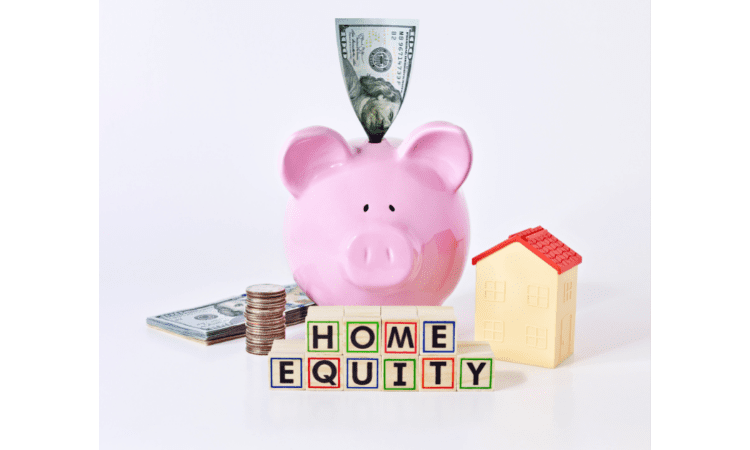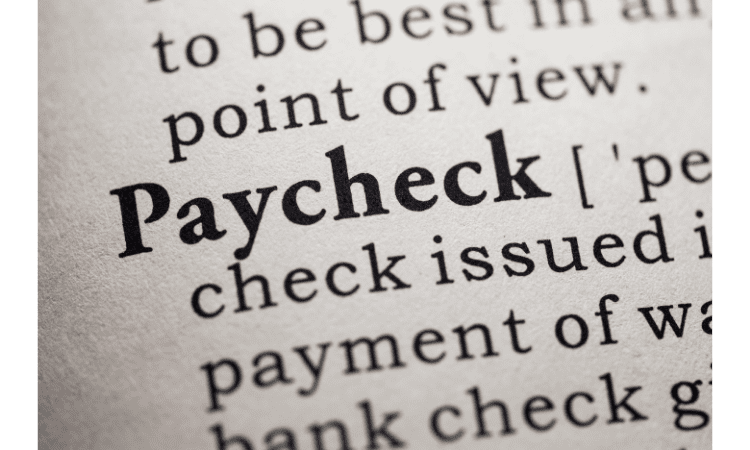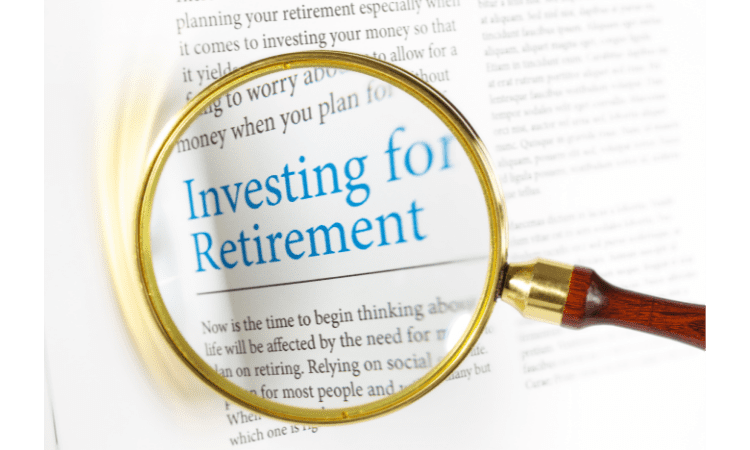
Unnecessary Spending

- Unnecessary Spending
- Overspending
- Spending More Than You Can Afford
- Spending More Than Necessary
- Spending on the Wrong Things, or Not Enough on What Matters
- Spending on Things You Can’t Afford
Never-Ending Payments

- Monthly payments for cable, internet, and phone.
- Student loans, Premium Services Membership Fees
Start rethinking to cut these recurring costs to save a hefty amount yearly.
Living on Borrowed Money

Living on borrowed money can damage your credit rating and make it harder to get a loan in the future. It’s also expensive, especially if you’re paying interest on something like a payday loan. Borrowing from friends or family members can cause problems too, as it creates an imbalance of power that can put pressure on your relationship.
If you find yourself struggling with debt because of a lack of control over your spending patterns, seek help from someone who has experience dealing with people in financial difficulty. This could be a debt charity or a personal finance advisor at work—or even the Citizens Advice Bureau (CAB).
Buying a New Car

Very few consumers can afford to pay for a new car in cash, but the inability to pay cash may also mean an inability to afford the car. A person may or may not be able to afford a large SUV, depending on how much money he or she makes and how much of that income is going toward other bills and expenses. If you need to buy a car and/or borrow money to do so, consider buying one that uses less gas and costs less to insure and maintain. Cars are expensive, so if you’re buying more of a car than you need, you might be burning through money that could have been saved or used to pay off debt.
Spending Too Much on a Home

When purchasing a house, it is generally advisable to choose the smallest home that meets your needs. Although larger homes often mean higher taxes, maintenance and utilities costs, owning a spacious home does not necessarily mean that you will be more satisfied with it. Consider whether you really want to put a significant long-term dent in your monthly budget.
Misusing Home Equity

The first issue is the most obvious: misusing home equity. This includes using it for a vacation or other short-term spending, borrowing against your home equity to invest in the stock market, and using it to pay off credit card debt.
The second issue is not having enough funds saved up to cover expenses if you lose your job. The third is that when you have a lot of money in assets like stocks, real estate and retirement funds—but no cash on hand—you’re more vulnerable financially in case of an emergency or sudden loss of income.
Living Paycheck to Paycheck

Living paycheck to paycheck is a double-edged sword. On the one hand, it can give you some financial security because you know that your money will be there when your next paycheck arrives. On the other hand, living paycheck to paycheck prevents you from building wealth or saving for retirement because any extra fund is spent on meeting immediate needs instead of being saved for future expenses.
Living paycheck to paycheck can be a blessing if it forces you to make small sacrifices now so that you save for things in the long run; however, if this lifestyle becomes habituated, your quality of life will suffer significantly as well as your ability to pay off debts or save for retirement or college costs down the road.
Not Investing in Retirement

- Not investing in retirement.
- Saving for the future is a smart move, but not all of us have the same goals and needs when it comes to retirement. Some of us want to quit our job and travel around the world; others want to buy a house or start a business. Whatever your dream may be, it’s important that you put in the time to understand your options so that you can make an informed decision about how much money you need and where it should go (i.e., investment accounts).
- There are plenty of resources available online that can help guide you through the process of investing wisely—but don’t underestimate just how important it is for investors to know exactly what they want before making any decisions! It’s easy enough for us without experience in this area to get confused by all the jargon flying around out there; even seasoned pros sometimes struggle with keeping up with changing trends and regulations within their industry or field of expertise.
Paying Off Debt With Savings

- Although it might seem like a good idea to swap your retirement savings for paying off high-interest debt, there are some important drawbacks to consider. If you withdraw money from your retirement fund, you will lose the benefits of compounding interest, and you may also incur fees. Additionally, when the debt is paid off, the urgency to make payments often decreases and people are tempted to spend more freely than before
Not Having a Plan

Your financial future depends on what you do today. People spend countless hours watching TV or scrolling through their social media feeds, but only two hour’s time in a week for future financial planning can be very useful for you. You need to know where you are going and plan accordingly.
These problems may hold people back from reaching their financial goals.
If you are one of the many who are struggling with any of these issues, it’s time to take action.
- There is a simple solution that can help you get out of debt and reach your financial goals: budgeting. Budgets help people focus on what they have coming in and going out, so they can be sure they have enough money to cover all their expenses every month.
- If you’ve never made a budget before, take some time this week to sit down with pen and paper (or open up Excel) and figure out how much money you bring home each paycheck. Then add up all your monthly expenses (including rent or mortgage payments), divide that number by two for the number of paychecks per month (for example $3200 divided by two equals $1600), and subtract that amount from your total income ($3200-$1600=$1200). This will tell you how much disposable income—or “extra” cash—you have left over each month after covering those bills!
- Once you know what amount leaves over at the end of each pay period, start putting it away into savings accounts or investment vehicles like stocks, bonds or mutual funds until such time as there is enough money saved up for whatever goal(s) originally drove this process forward in the first place!











